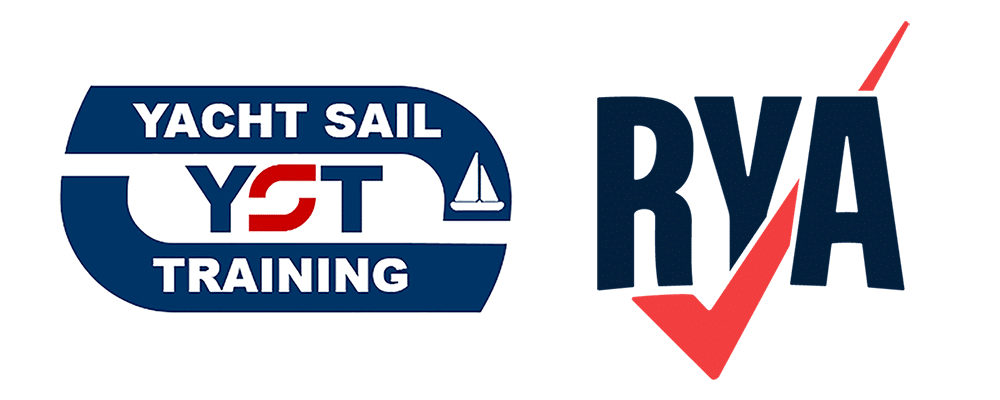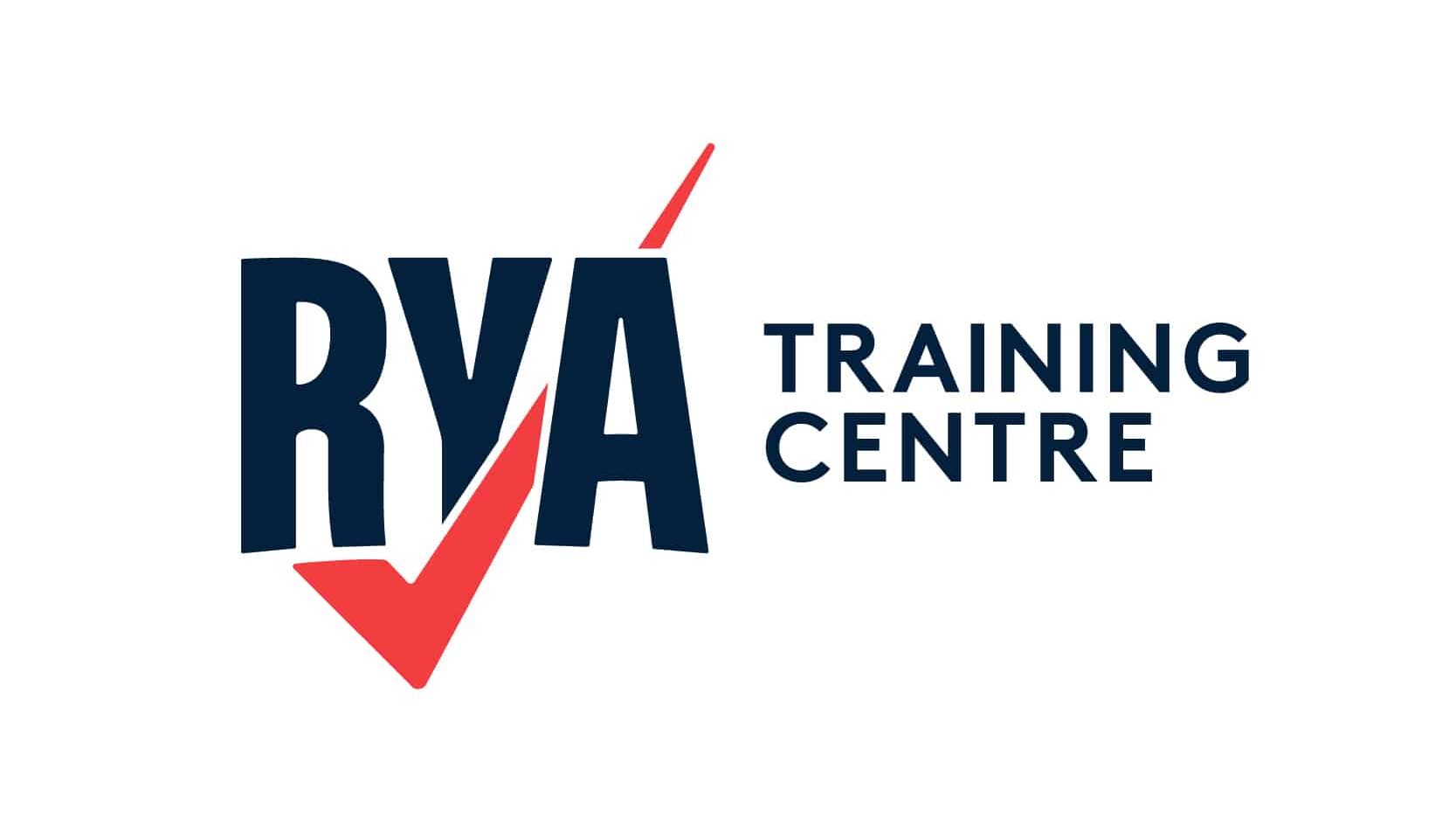Good Practice Guide
Revised April 2018
Handout for Instructors, Coaches and Volunteers
This guide only covers the essential points of good practice when working with adults at risk. You should also read the organisation’s Safeguarding Policy and Procedures which are available for reference at all times.
- Always communicate clearly, in whatever way best suits the individual, and check their understanding and expectations
- Always try to work in an open environment in view of others
- Avoid spending any significant time working with adults at risk in isolation
- Do not take an adult at risk alone in a car, however short the journey, unless you are certain that the individual has the capacity to decide to accept a lift
- Do not take an adult at risk to your home as part of your organisation’s activity
- Where any of these is unavoidable, ensure that it only occurs with the full knowledge and consent of someone in charge of the organisation or the person’s carers
- Design training programmes that are within the ability of the individual
- If you need to help someone with a wetsuit or buoyancy aid or provide physical assistance or support, make sure you are in full view of others
- Take great care with communications via mobile phone, e-mail or social media that might be misunderstood or shared inappropriately. In general, only send group communications about organisational matters using these methods. If it’s essential to send an individual message to a person who has a learning disability or other impairment that might affect their understanding, copy it to their carer.
You should never:
- engage in rough, physical or sexually provocative games or activities
- allow or engage in inappropriate touching of any form
- use inappropriate language
- make sexually suggestive comments, even in fun
- fail to respond to an allegation made by an adult at risk; always act
- do things of a personal nature that the person can do for themselves.
It may sometimes be necessary to do things of a personal nature to help someone with a physical or learning disability. These tasks should only be carried out with the full understanding and consent of both the individual (where possible) and their carers. In an emergency situation which requires this type of help, if the individual lacks the capacity to give consent, carers should be fully informed. In such situations it is important to ensure that anyone present is sensitive to the individual and undertakes personal care tasks with the utmost discretion.


